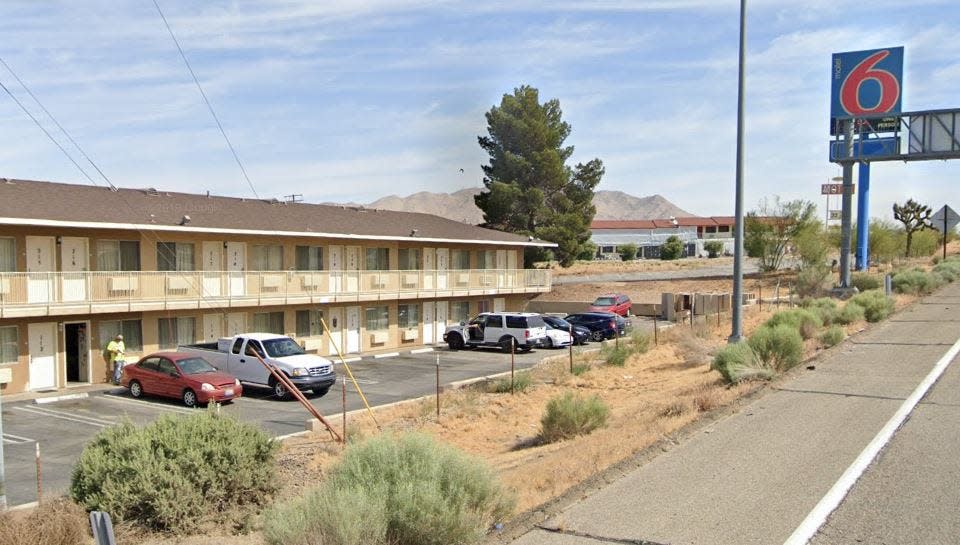Mar. 10—A public hearing on proposed ordinance changes city officials say will make construction of townhouse and multifamily housing and accessory dwelling units (ADUs) easier drew a smaller than expected crowd, with those in attendance speaking both in favor of and against the changes.
“The goal with these amendments is to continue to address the city’s crisis of housing affordability, while respecting the character of the city’s neighborhoods,” City Planner Jeff Belanger wrote in a memo to aldermen.
Manchester officials are currently engaged in a rewrite of local zoning ordinances, the first in more than 20 years. A draft of the rewrite is expected to be released this spring, with listening tours scheduled throughout the summer to solicit advice from the community, and a planned vote on the document by the end of the year.
The proposed ordinance amendments discussed are part of that effort.
Regarding townhouse and multifamily construction, the proposed amendments would allow for four dwelling units to be constructed on the amount of land on which the ordinance currently permits only three dwelling units.
“These amendments would make housing construction easier in all zoning districts that allow townhouse or multifamily construction, but they should be especially helpful in areas of the city with smaller lot sizes, such as the R-3 and C-1 Zoning Districts,” Belanger writes. “They should also be most helpful to builders of smaller multifamily buildings, which are commonly called ‘missing-middle housing,’ because they are not built as frequently as either single-family homes or large-scale apartments.”
The amendments also propose to reduce the amount of parking spaces required for multifamily construction in the R-3, RDV, and C-1 Zoning Districts from 1.5 down to one per dwelling unit.
The reduction in parking would not only allow for a four-unit building to be built with four rather than six parking spaces, but would also allow four-unit buildings to be built without reserving a 10-foot, landscaped buffer around their parking areas.
On ADUs, the amendments would eliminate the need for property owners to request approval from the Planning Board prior to construction.
Last year, the Board of Mayor and Aldermen adopted a zoning amendment making ADUs exempt from Planning Board review, when being built entirely within an existing structure.
ADUs requiring external construction remained under the Planning Board’s purview, so board members could continue to regulate aesthetics.
The goal of the new amendments is to exempt all ADUs from Planning Board review and codify aesthetic requirements.
James Vayo, project manager for Southern New Hampshire Planning Commission and a Manchester resident, supports the proposal.
“These are all steps in the right direction towards helping more production of accessory dwelling units in the city, which is a good thing because we’re in a very tight housing market,” Vayo said. “From what I understand, housing is the most important policy issue in the state of New Hampshire right now.”
Bryce Kaw-uh, chair of the city’s planning board, said members unanimously support the changes.
“While it is clear these are small, incremental changes and more updates will be coming with the new land use code, it is our opinion that the proposed amendments are a step in the right direction,” Kaw-uh said.
Brandon Lemay spoke on behalf of the Manchester Housing Alliance Land Trust.
“Who do you trust more to provide the parking that the people of Manchester need — the government, or property owners?” Lemay asked. “I think the ordinance shifts that from the government to property owners. Please vote in favor of this ordinance, it does great things.”
Rich Girard spoke out against the proposed changes, saying Manchester police have data showing where crime happens in the city — in areas with the highest density, lowest available parking and lowest income.
“Increasing density while reducing off street parking requirements is a double disaster for neighborhoods already incapable of handling their vehicle load,” Girard said. The likely impact of these changes are consequential in very negative ways. Instead of fast-tracking these changes, why not refer them to the zoning rewrite that will undergo a full public presentation and vetting once it’s finally brought forward.”
Alderman Joe Kelly Levasseur asked if it was possible to change wording referring to a housing crisis to housing demand instead.
‘We don’t have a crisis, we have a demand,” Levasseur said. “And demand sounds like something very positive for the city, a housing crisis — the word crisis sounds like it’s some sort of a major problem.”
Signup bonus from





